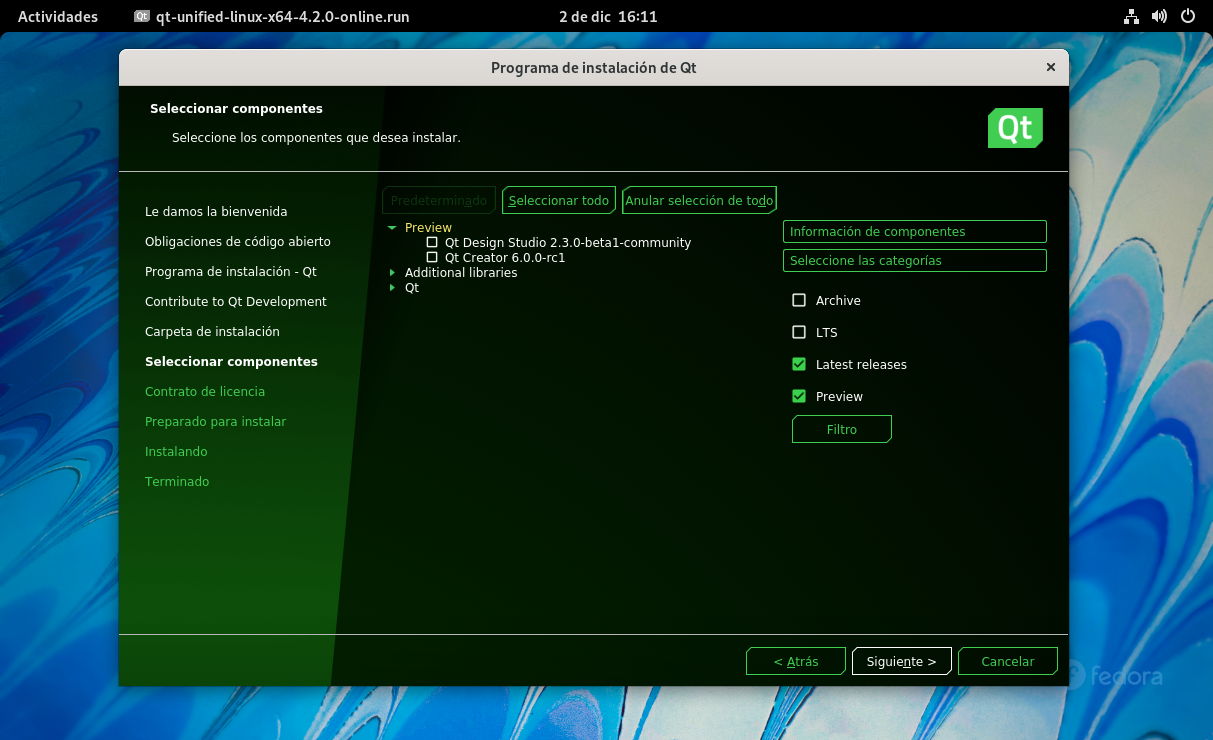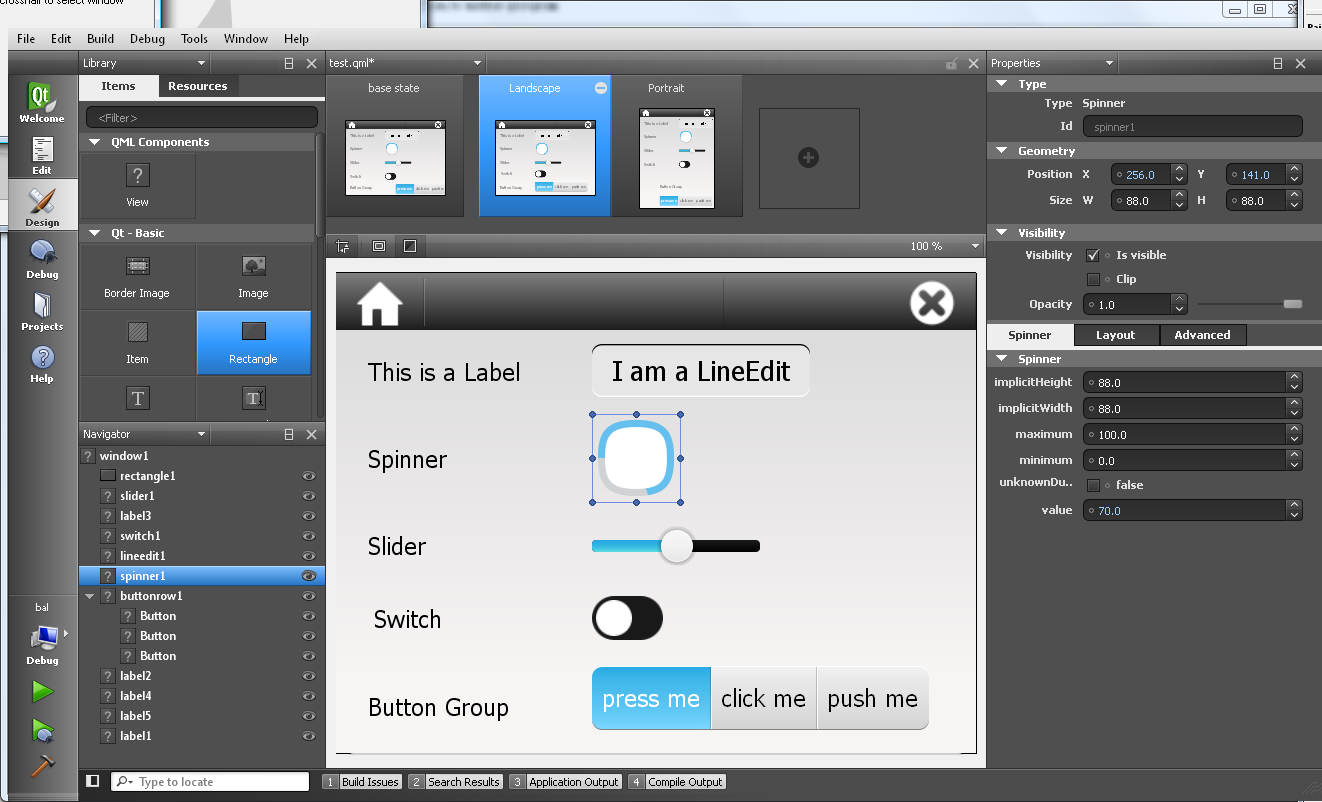
- Qt designer for windows linux software#
- Qt designer for windows linux code#
- Qt designer for windows linux free#
Anything that is very Qt-specific is better done in Qt Creator.
Qt designer for windows linux code#
And that alone is, of course, reason enough not to switch to Code entirely. So, this being said, what are the pros and cons of using Code over Qt Creator?įirst of all, at this time, Code has no knowledge of Qt itself. Installing the C/C++ extension (developed by Microsoft themselves) gives you most of what you want, though, at least in the C++ department. Code’s heritage is ‘webby’, JavaScript-related languages such as TypeScript.

In fact, for my particular purpose, Qt/C++ development using Code is not supported out of the box.

All extensions can be installed without leaving Code. Many of these serve very small and well-defined purposes so you can quickly find out whether a specific extension is what you need. Whenever I was uncertain, I quickly tried several.
Qt designer for windows linux free#
The sheer amount of available extensions (all of them free as in beer, though some of their developers ask for a small and usually well-deserved contribution) can sometimes be confusing, especially when there are several that seem to serve the same purpose. Many times, when you ask yourself, “ Can Code do X?”, the answer will be: “ Out-of-the-box, no, with an extension, yes, just fine.” One of the things you’ll quickly discover with Code is the staggering amount of extensions available. Visual Studio Code (or Code, for short) can be downloaded free of charge from here. This is not something you need to worry about, or even know, when working with Code, of course. Instead, it uses a separate editor component that is also used in Microsoft’s Azure DevOps product. It doesn’t use the Atom editor component though, like many other development tools built with Electron. Visual Studio Code is an offering of its own, open source, not commercialized (for the time being at least), and based on Electron. (Though, I would guess that they use a lot of common code under the hood.) And, here’s the confusing bit: Visual Studio Code has very little to do with Microsoft Visual Studio. Microsoft Visual Studio is Microsoft’s big and comprehensive IDE/compiler/debugger package for C# and C++ development that has been around for many years and is available for Windows and macOS (but not for Linux). Many of you are most likely familiar with Microsoft Visual Studio. When I move focus, my changes are already there (or I just need to hit the “Yes to All” button in the reload confirmation dialog) and I am getting the best of both worlds.īefore I go into greater detail, I’d like to explain a bit about Visual Studio Code. Some things I do in Qt Creator, while others I do in Visual Studio Code.

I have configured both to auto-save and auto-reload so that I can switch seamlessly between the two.

My current work setup uses both in parallel. I am not advocating to ditch Qt Creator altogether. Also, I am doing a lot of my development on macOS, and Qt Creator does not always have the same level of stability there as it does on Linux and Windows. The first question you want to ask is probably, “Why use another editor or IDE at all if we have Qt Creator, which is a perfectly good and, in particular, Qt-specific IDE, ready at our disposal?” And, of course, that’s a very valid question to ask.įor me, the main reason is that Visual Studio Code simply does some things better than Qt Creator – and other things worse, which I’ll discuss later. Motivation of using Visual Studio Code instead of Qt Creator So in this blog post, I am going to share with you some of the experiences some of us here at KDAB have had using Visual Studio Code for Qt development.
Qt designer for windows linux software#
Software developers like tools, and in particular tools that make them more productive.


 0 kommentar(er)
0 kommentar(er)
